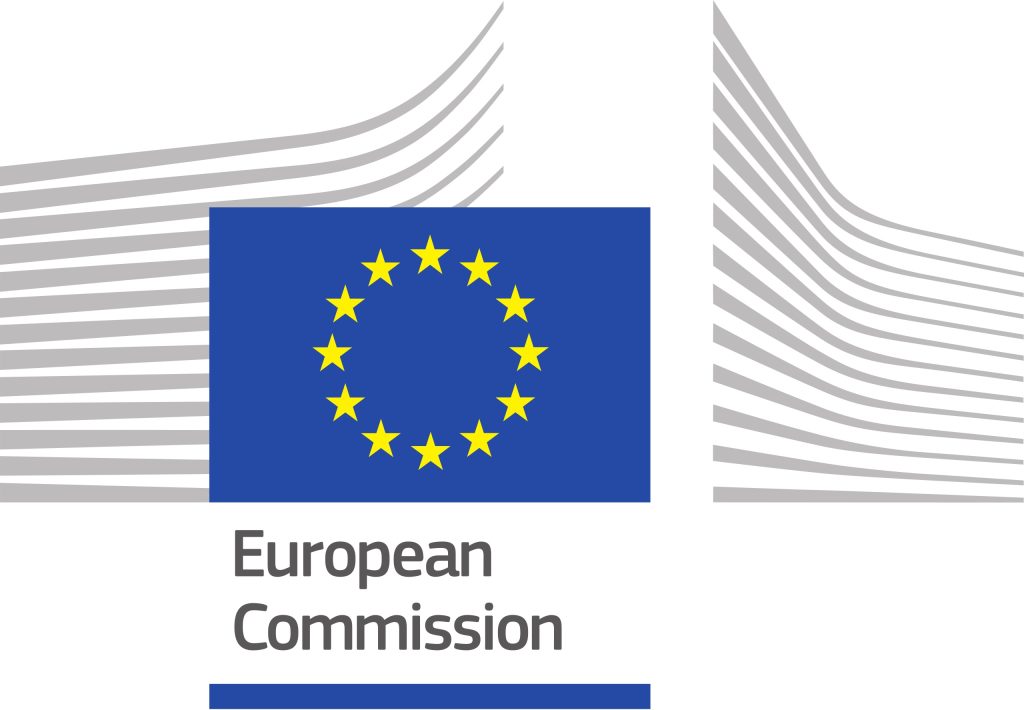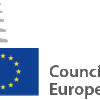
Resilient and secure urban planning and new tools for EU territorial entities
Expected Outcome:
Projects’ results are expected to contribute to all of the following outcomes:
- Evaluation of the resilience of an urban and peri-urban environment, identification of weaknesses and recommendations for changes to organizational processes;
- Creation of new tools and cost-efficient security upgrades of urban infrastructures with possibilities of pooling and sharing of complex security systems, taking into account limited budgets of local authorities;
- Improved efficiency of the security forces and emergency services (police, firefighters, paramedics ...) for the benefit of the European citizens and residents;
- Promotion of best practices, creation of EU sovereign trusted decision support tool/solution and spreading of effective tools and capabilities across entities in different EU territories despite their size and location.
Scope:
European territories are developing into more connected and complex systems of different services and infrastructures empowered by technologies and growing digitisation. This change in urban areas in Europe, brings new opportunities but also new threats for the authorities and their relationship with the citizens and residents. It is therefore critical for the resilience of our urban areas and for their citizens’ wellbeing that those services are trusted and secure.
The classical large-scale infrastructures have a long tradition of implementing the principles of Safety-by-design and Security-by-design when planning their assets. However, with more and more infrastructures on the local level becoming vulnerable, security research can support their protection with new approaches in ‘Security-by-design’[1]. In view of limited budgets of many local administrations, improved knowledge as well as innovative security upgrades and processes for existing urban infrastructures equipped with advanced connectivity technologies and cooperative systems could be explored.
EU territories, despite their size and location, suffer from a lack of dedicated EU sovereign and trusted tools in order to enhance the coordination of local first responders and to improve security coverage, such as the preparation of operational staff, field intervention and predictive tools. Even though some complicated tools already exist, it is clear that there is no generic, cost effective and easy to use solutions for local authorities. Therefore, there is a need for creation of new tools that are designed in a simple manner and deployed in an effective way.
Resilient and secure urban planning tools for the development of holistic approaches that network the different organizational levels, sensor and communication levels and data rooms are very pertinent. These tools should assess the resilience of urban and peri urban territories, identify weaknesses and recommend changes to organizational processes, sensors and communication infrastructure. The secure urban and rural living spaces, technical solutions, organizational levels, and data rooms must be more closely linked. There is a clear need for a development of tools for recovery strategies and proactive foresight for urban and peri urban environments. The tactical tools should include modelling of urban centres and rural areas, predictive tools, improved global situational awareness and day-to-day planning and crisis management (e.g., simulation, training).
The proposals should include a high level of confidence in data management and sharing, provide solutions on cybersecurity issues and take on board new type of threats. The proposed solutions should suggest trusted shared architectures, trusted data collection, secure computation on the data and management processes, modelling capabilities, hypervisor supporting global situational awareness with open and trusted API’s, trusted data processing engines and, e.g., artificial intelligence tools. If the tools include processing of personal data, it should consider including a risk assessment or privacy impact of individuals and society.
The testing and/or piloting of the tools and solutions developed in a real setting and the participation of one or more relevant local authorities is an asset; regardless, actions should foresee how they will facilitate the uptake, replication across setting and up-scaling of the capabilities - i.e. solutions, tools, processes et al. – to be developed by the project.
This topic requires the effective contribution of SSH disciplines and the involvement of SSH experts, institutions as well as the inclusion of relevant SSH expertise, in order to produce meaningful and significant effects enhancing the societal impact of the related innovation activities.
Specific Topic Conditions:
Activities are expected to achieve TRL 6-8 by the end of the project – see General Annex B.
[1]See for example the handbook “Security by Design, Protection of public spaces from terrorist attacks” published by the European Commission, 2022: https://publications.jrc.ec.europa.eu/repository/bitstream/JRC131172/JRC131172_01.pdf
General Information
Projects’ results are expected to contribute to all of the following outcomes:
- Evaluation of the resilience of an urban and peri-urban environment, identification of weaknesses and recommendations for changes to organizational processes;
Creation of new tools and cost-efficient security upgrades of urban infrastructures with possibilities of pooling and sharing of complex security systems, taking into account limited budgets of local authorities;
Improved efficiency of the security forces and emergency services (police, firefighters, paramedics ...) for the benefit of the European citizens and residents;
Promotion of best practices, creation of EU sovereign trusted decision support tool/solution and spreading of effective tools and capabilities across entities in different EU territories despite their size and location.






Resilient and secure urban planning and new tools for EU territorial entities 0 reviews
Login to Write Your ReviewThere are no reviews yet.